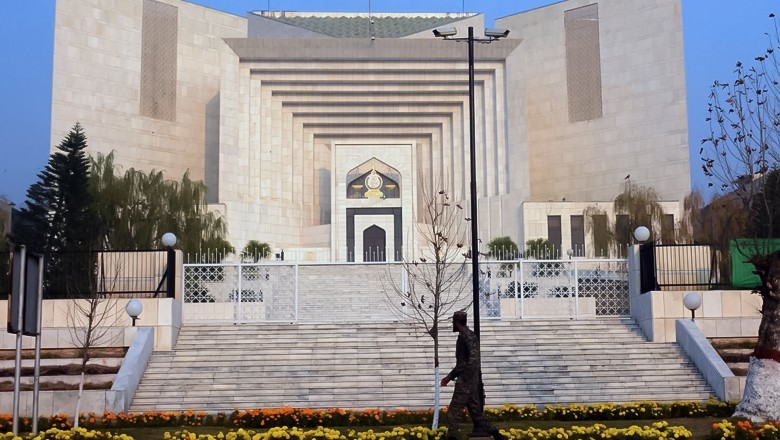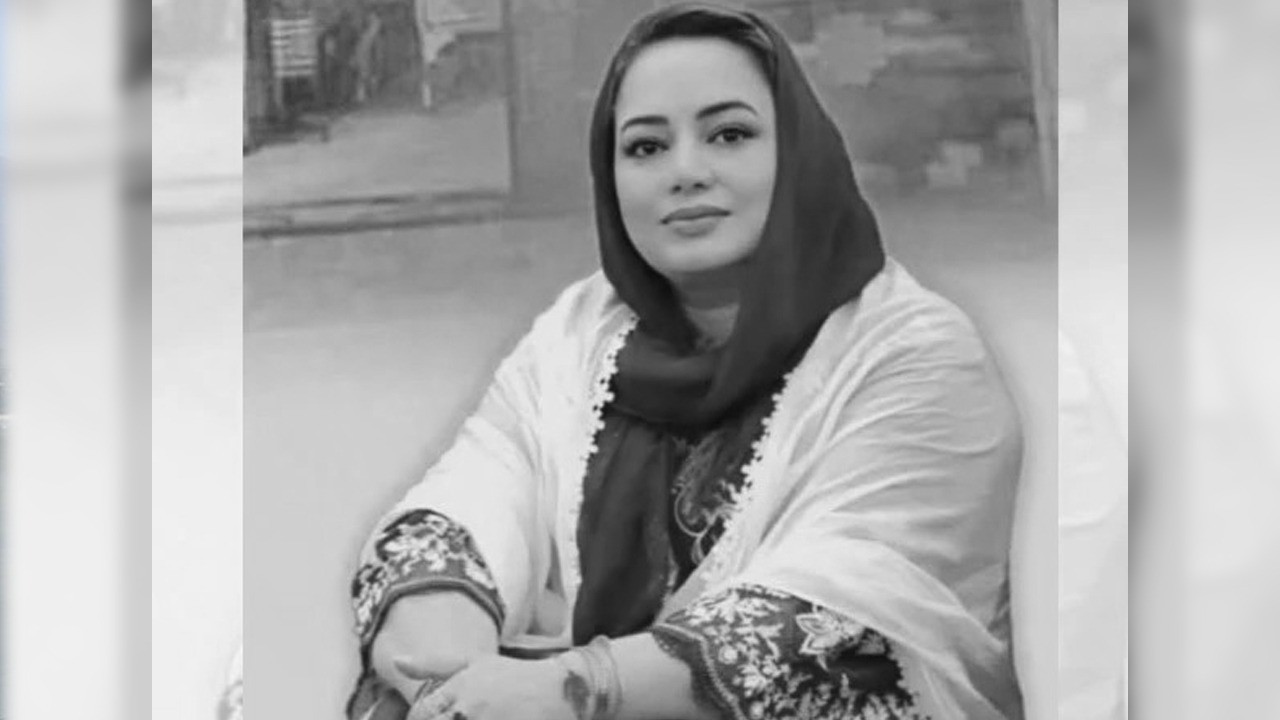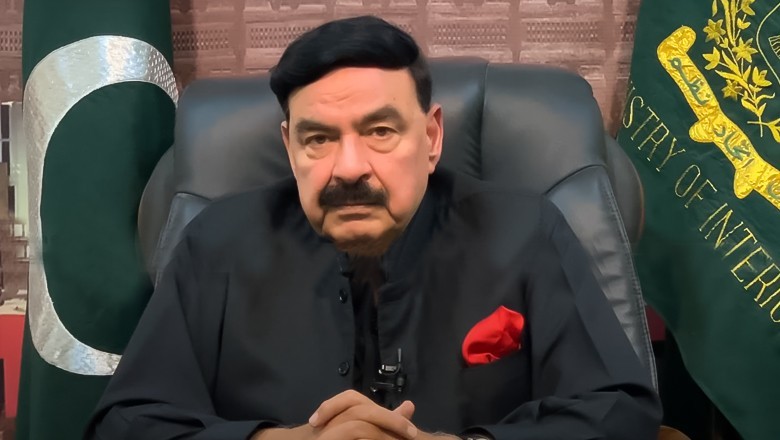Marital status can’t bar women from job quotas, Supreme Court rules

Web Desk
|
6 Nov 2025
The Supreme Court of Pakistan has ruled that a woman’s marriage does not disqualify her from securing appointment under a quota reserved for children of civil servants who die or become incapacitated during service.
The historic decision came after the court overturned a service tribunal order in Khyber Pakhtunkhwa, which had annulled a female teacher’s appointment on the basis that being married deemed her ineligible.
The judgement, authored by Justice Syed Mansoor Ali Shah, emphasised that there was “no rational basis” to treat a daughter contrarily from a son just because she got married.
The case involved a woman named Farakh Naz whose mother, a government education-department employee in KP, had retired on medical grounds, Farakh Naz was appointed under Rule 10(4) of the KP Civil Servants (Appointment, Promotion and Transfer) Rules 1989.
That appointment was abruptly cancelled, without a show-cause notice, based on a departmental clarification stating married women were no longer a liability and hence disqualified.
The court rejected this justification as deeply insensitive and rooted from patriarchal stereotypes.
The ruling highlighted that under the Constitution, particularly Articles 25 and 27, equality and non-discrimination are guaranteed, and a married woman remains a rights-bearing citizen with economic and legal independence.
It held that the departmental letter attempting to alter eligibility through clarification that a married woman is no longer a ‘’liability’’ of the father was extremely regressive reflecting patriarchal rigidity. The ruling further stated that only the Governor has power under the relevant Act to alter rules.
By ordering Farakh Naz Bibi’s restoration as a teacher with full back-benefits, the verdict sets an example against using marital status as a barrier to employment quotas proposed for children of deceased or incapacitated civil servants.
Legal observers say that this decision marks a significant step in breaking gender-based discrimination in government employment in Pakistan and provides strong support to women facing similar issues.












Comments
0 comment